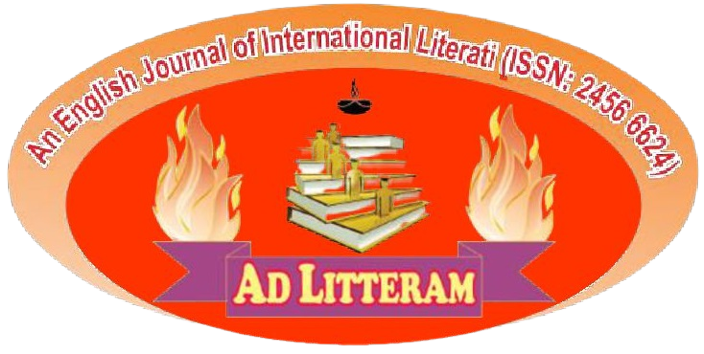(Dis)Ability Studies or Diversity of Abilities
“Part of the problem is that we tend to think that equality is about treating everyone the same, when it’s not. It’s about fairness. It’s about equity of access.”
– Judith Heumann
Disability Studies as a discipline of critical inquiry provides a framework for analyzing the multifaceted ways in which disabilities are depicted and understood within literary texts, aiming to promote a more nuanced and inclusive representation of individuals with disabilities in society. However, in the vast expanse of approaches towards the Disability Studies, it becomes highly crucial to recognize the dynamic interplay between disabilities and consequent abilities within specific contexts.
Approaching Disability Studies from the perspective of abilities requires shifting the focus from a deficit-based view of disabilities to one that emphasizes different abilities, strengths, and the diverse skills possessed by individuals with disabilities. Such viewpoints can and do challenge the traditional medical or social models of disability by highlighting the capabilities and talents of people with disabilities rather than solely focusing on their limitations. Disability Studies in Humanities focusing on abilities and prioritizing the empowering of disabled individuals acknowledge their agency and also promote self-determination. This perspective helps one recognize the importance of fostering skill development and providing appropriate accommodations to enable individuals with disabilities to thrive in differing social and cultural environments. It also emphasizes creating inclusive spaces that allow individuals to utilize their abilities effectively in a collective societal sense.
Disability Studies from such a perspective of abilities seeks to reframe the questions and conversation around disabilities by highlighting the strengths, talents, and capabilities of individuals within the disability community. It promotes a more inclusive and empowering approach that values diversity and recognizes the richness of experiences and contributions from individuals with disabilities.
Thus, for the upcoming edition of December 2024 of the Ad Litteram: An English Journal of International
Literati (ISSN 2456 6624) contributions from scholars, researchers, educators, graduate students, artists,
writers, and practitioners engaged or interested in Disability Studies, literature, and related fields are
invited. The research papers and other writings in the form of fiction and non-fiction should look at the
representation of Disability in literature as empowering and an effective tool of providing agency to the
voices at the margins. This edition of Ad Litteram aims to serve as an interactive forum promoting
interdisciplinary discussions and advocating for a deeper understanding of disability representation in
literature. By highlighting narratives that celebrate (dis)abilities, the journal seeks to contribute to
a more inclusive and diverse discourse on disabilities, challenging preconceived notions and advocating
for positive representations in literary contexts. The papers may find their root and guidance - but not
necessarily keep them limited to them - from the following topics:
- Disability Studies & Intersectionality
- Disability Studies in Indian Context
- Disability, Language and Positive Representation
- Disability in Texts and Performance
- Abilities-Centric Perspectives
- Shifting Perspectives in Disability Discourse
- Disability as a social phenomenon
- Disability and representation
- Disability, Law, and Human Rights
- Empowerment and Agency in Disability Studies
- Disability and Popular Culture
- Disability and the Gaps in Discourse
- Disability and Gender
- Disability and Caste
- De-globalizing Disability Studies
- Disability in Children’s and Young Adult Literature
- Disability and Media
Download The Concept Note
